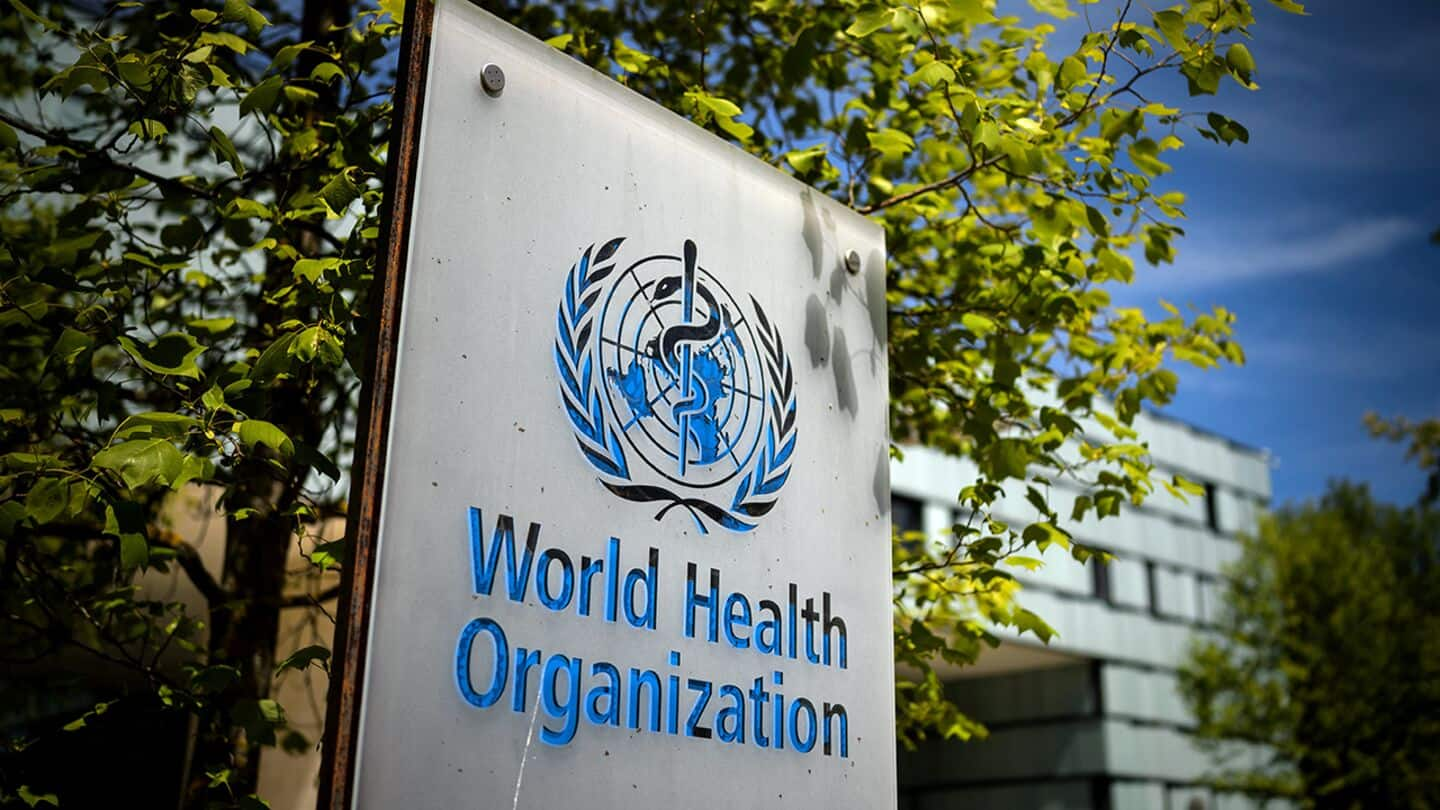
Global life expectancy dropped 1.8 years in 2 years: WHO
What's the story
The World Health Organization (WHO) has released a report detailing the devastating impact of the COVID-19 pandemic on global health. The report states that in just two years, between 2019 and 2021, global life expectancy fell by 1.8 years—the largest drop in recent history. "Increased levels of anxiety and depression linked to COVID-19 reduced global healthy life expectancy by 6 weeks—erasing most of the gains made from lower mortality due to noncommunicable diseases (NCDs) during the same period," it said.
Health disparities
WHO report highlights uneven health progress globally
The WHO report also paints a mixed picture of global health progress. While 1.4 billion more people are living healthier lives due to factors like reduced tobacco use and better air quality, access to essential health services has not improved fast enough. Only 431 million more people got necessary health services without financial hardship, and just 637 million had better protection against health emergencies.
Mortality concerns
Maternal and child mortality rates stall progress
The report also raises concerns over maternal and child mortality rates, which have stalled after significant progress from 2000 to 2023. Maternal deaths fell by over 40% during this period, while under-five deaths were more than halved. However, without immediate action, an additional 700,000 maternal deaths and eight million child deaths under five could occur by 2030.
Disease shift
Non-communicable diseases emerge as leading cause of death
Non-communicable diseases such as heart disease, stroke, cancer, and diabetes have now become the leading cause of death among people under 70 globally. This trend is attributed to aging populations and poor lifestyle habits. Although tobacco use has declined in recent years, more efforts are needed to tackle rising non-communicable deaths and air pollution, which remains a top preventable killer.
Systemic challenges
Mental health and healthcare worker shortages hinder progress
Among others, mental health conditions continue to impede global health progress, the report states. The world is also facing a projected shortage of 11.1 million healthcare workers by 2030, particularly in Africa and the Eastern Mediterranean region. While there has been progress in reducing new cases of HIV, tuberculosis, and neglected tropical diseases, malaria cases have been on the rise since 2015. Antimicrobial resistance also remains a major public health threat.